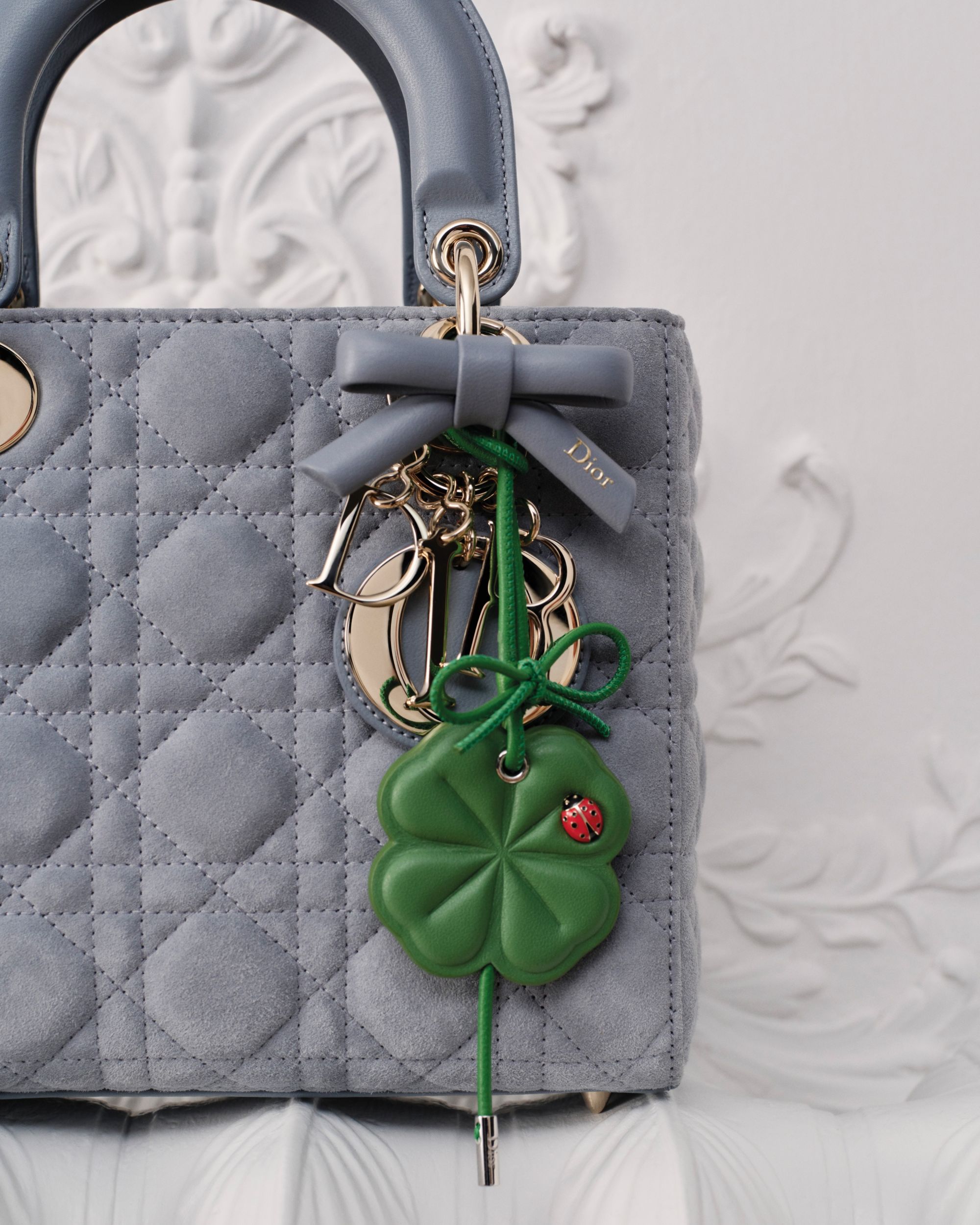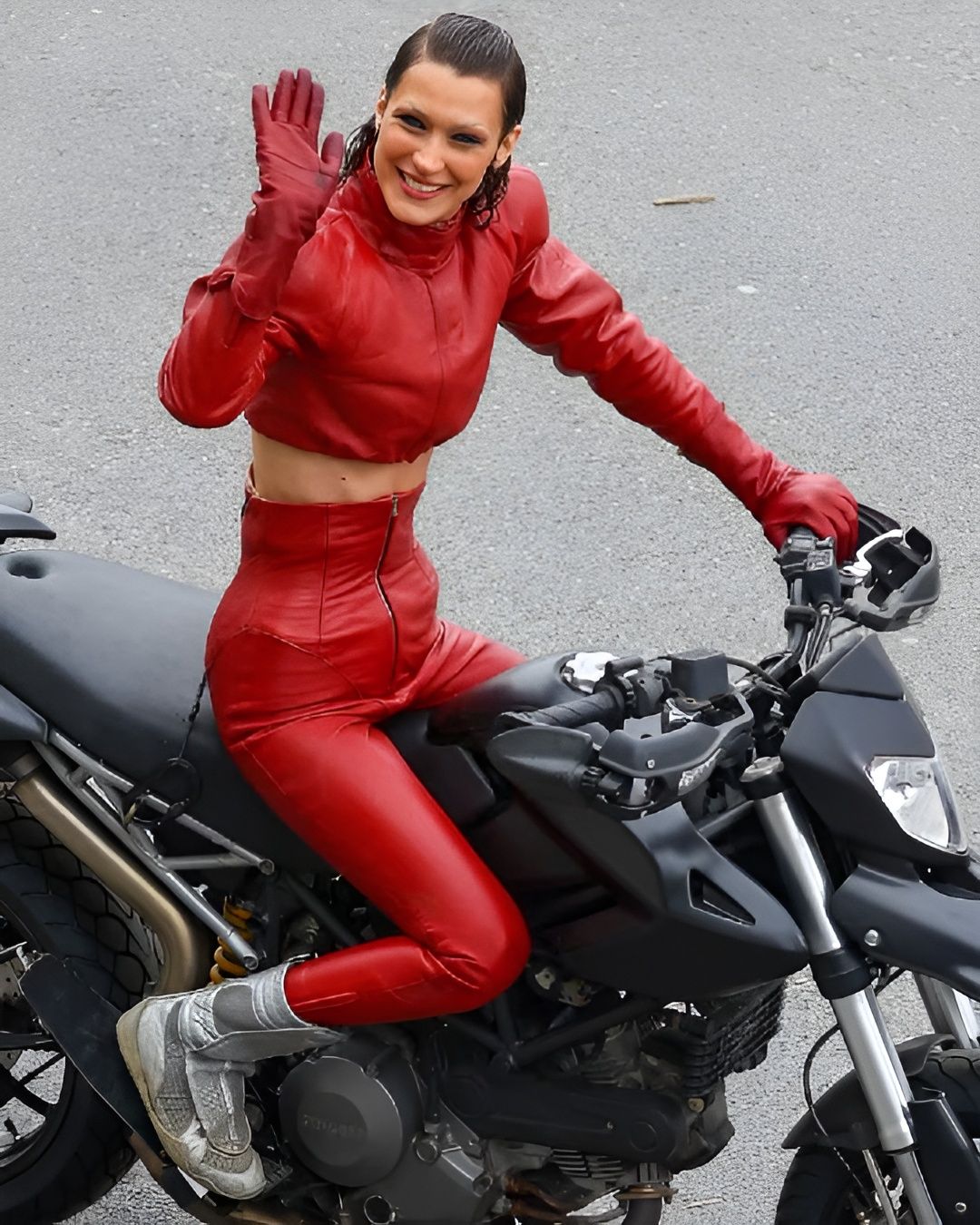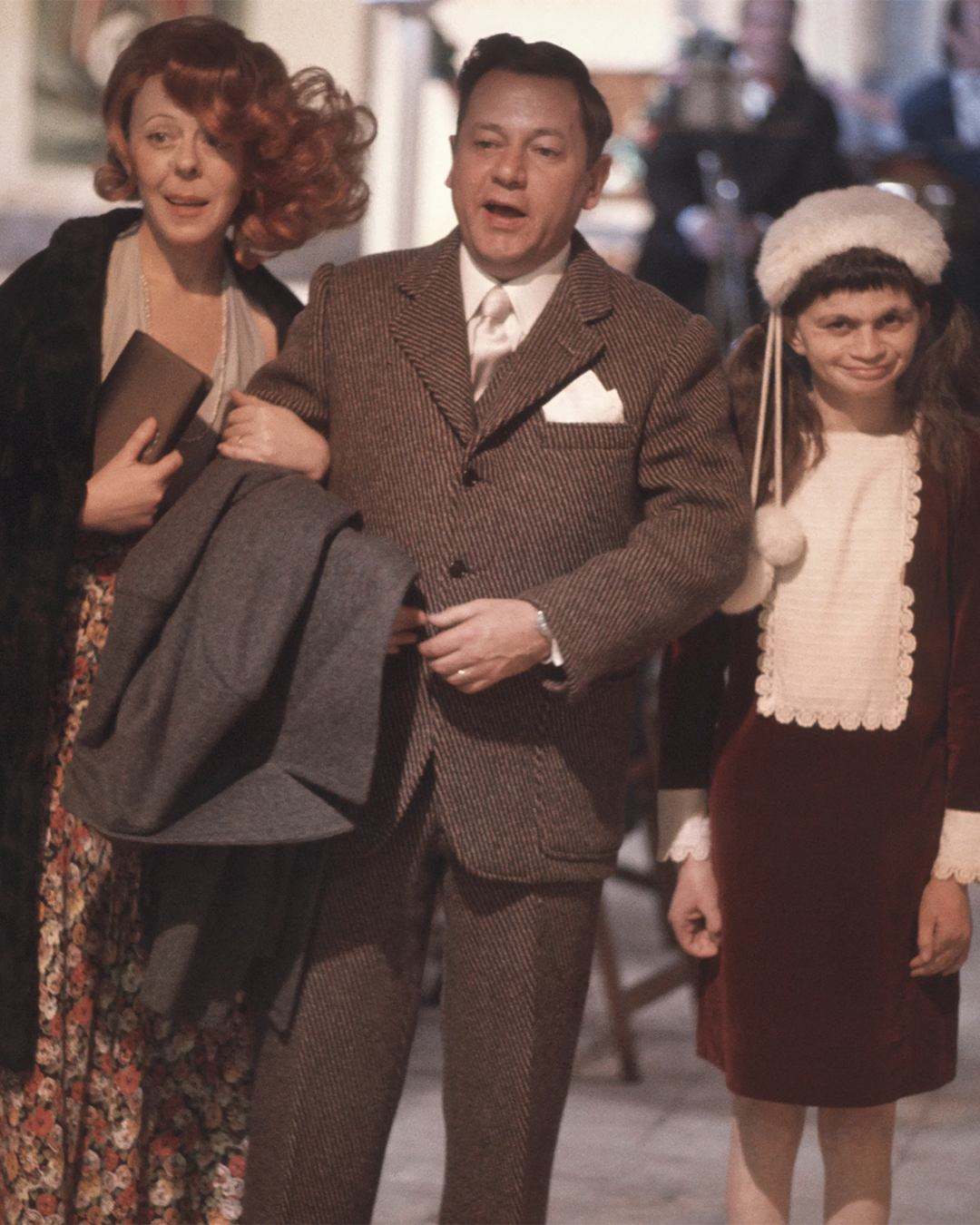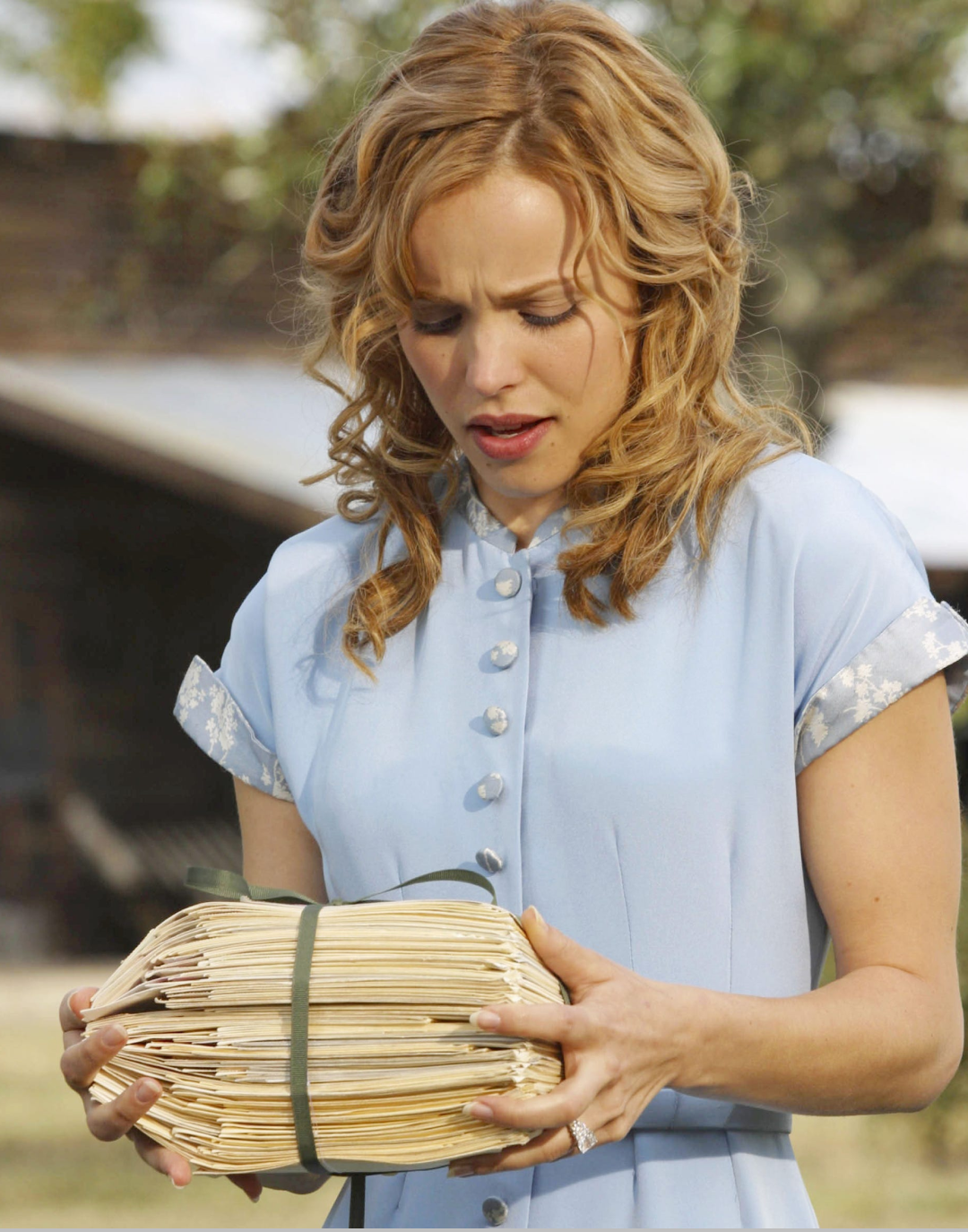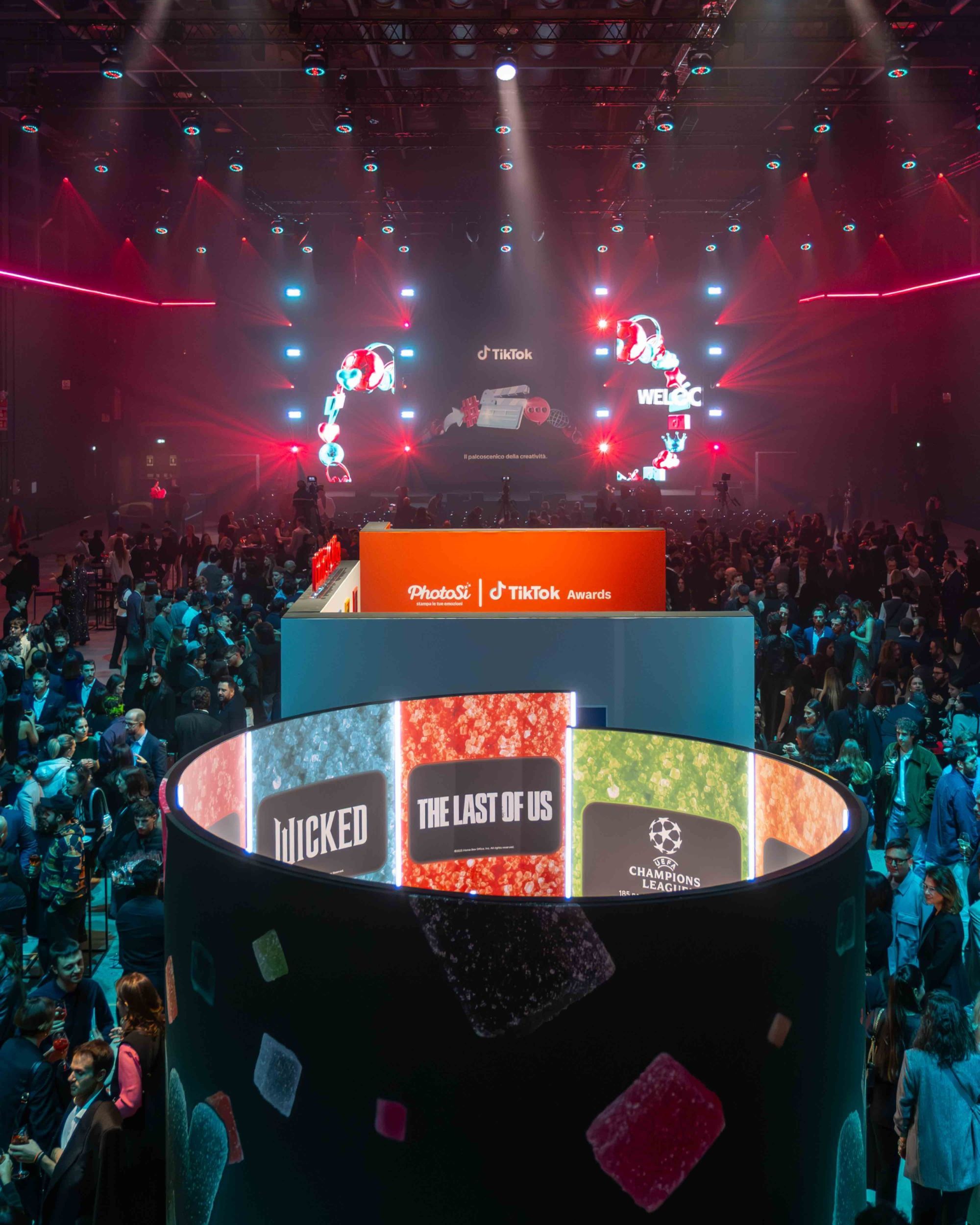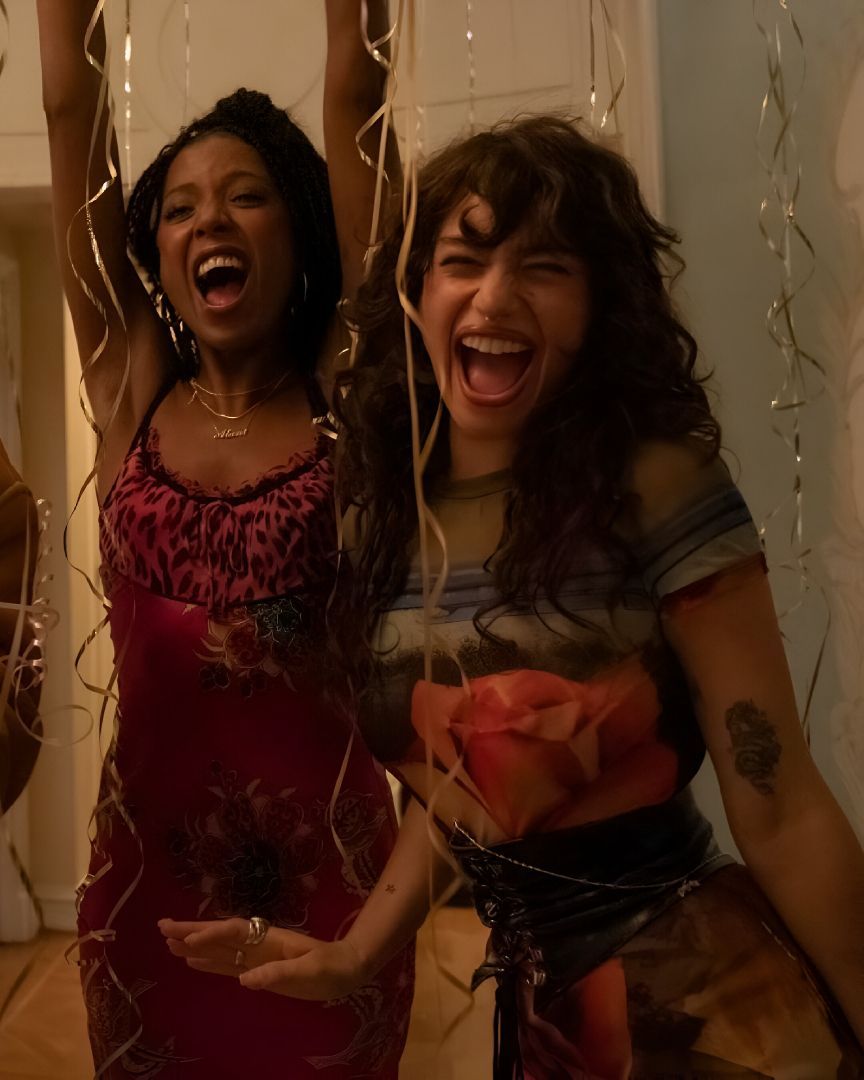
From 'Auto blu' by Shiva to '1990' by Achille Lauro: when the '90s dance meets TikTok It's the summer of remakes
I'm the Scatman
Ski-bi dibby dib yo da dub dub!
Anticipated by the single Scat Men in collaboration with Ghali and Gemitaiz, Achille Lauro presented 1990: a kind of nostalgic-contemporary album-experiment in which names like the Eiffel 65 and Benny Benassi appear alongside Capo Plaza and Annalisa.
Despite the warm welcome, the album rides the wave of a trend born a little by chance, but that in the current months is conquering the entire record industry, from Shiva to Fedez: a trend that re-discovers the beat of the Nineties dance hits (bases from the italo-dance), mixing it with summer lyrics and maybe even a dance to share on TikTok.
This strange mix recalls the nostalgia for barefoot evenings in the sand and watered cocktails of the generation that grew up in the 90s, but also a curious interest in Gen Z, which rather than for the memories evoked by Fedez uses them as a soundtrack for a post on TikTok.
The Summer Is Magic
It all started during the lockdown, on March 26, 2020, when Shiva released his latest single Auto blu. The song, that samples Blue (Da Ba Dee) by Eiffel 65 (also involved in re-recording the piece), became platinum in a few weeks and in the following months some remixes were released (including one by Gabry Ponte).
In the wake of the operation made in November 2019 by Tyga with Ayy Macarena, which contains an interpolation of the Macarena by Los del Río (1996), the piece was welcomed as a small revolution: on one hand for the recovery of a hit that he made the history of dance music; on the other because it went viral on TikTok. Since then, the Italian music scene has been filled with songs of other artists who have chosen to rely on commercial dance bases: even Fedez, who in Bimbi per strada refers to Children by Robert Miles; but above all Ludwig did it, first with Boom Boom (in which he pays homage to My Heart Goes Boom by French Affair), then with Non spegnere la musica, a song built on the base of Vamos a la playa by Righeira. Unlike the other colleagues, however, Ludwig managed to go viral because he knew how to consciously exploit the opportunities offered by TikTok.
TikTok is changing the music industry. For some years now, to reach success on the app for an artist can mean millions of views on streaming services; just think that the four of the most listened songs on Spotify in 2020, before reaching the top of the charts, have all gone viral on TikTok (including Justin Bieber's Yummy). It is clear that this phenomenon has consequences not only on consumption, but also on the production of music: aware of the opportunities offered by the app, musical artists (at least pop artists) have started to think of their music according to the virality they can achieve among the TikTokers. According to Cody Patrick, a freelance specialized in music promotion, there is no real secret to success, given that all contents are regulated by an algorithm that does not look at the popularity of its users, but only a few precautions: "The videos do not last long, usually between 15 and 30 seconds, and therefore it is sufficient that a part of the song meets these requirements: in ballets there is always the same" (Il Post).
Justin Bieber understood it well, so that he was accused of having thought Yummy explicitly for the app, but above all Drake, who in the Toosie Slide video taught the steps of the official ballet (even inspiring LeBron James).
Not only that, the success achieved on TikTok can bring almost unknown artists to the fore: internationally it happened to Lil Nas X (born in 1999, he won two Grammys in January) and to rapper Doja Cat, in Italy to Ludwig (who in fact, like Drake, takes advantage of the mechanisms of ballet and User Generated Content, the content born directly from the public), but above all at to Bando by ANNA. The case of Bando is emblematic not only concerning the virality of TikTok, but also for the discourse on dance music from the Nineties: even if it is not a real sampling, the base is inspired by the same atmospheres of Italian-dance. It is curious that these same atmospheres have gone viral on TikTok, the social media par excellence of Gen Z: this means that they have been recovered by a generation that had not yet been born at the time of the success of these hits.
The phenomenon is interesting because it is not really about covers or remakes, rather about a new commercial operation that cuts one of the main costs of music production. The process may vary from case to case, but basically it is the purchase by a record company of the rights to use a song by another artist. In the case of the majors - such as Sony or Universal - the artist will try to use an "internal" base in the group in order to facilitate bargaining, which often resolves through the sale of royalties on the new song. The result is primarily to speed up production by significantly lowering production costs, since the base is already ready and will only have to be readjusted; secondly, the hit's past success ensures that the audience recognizes it immediately.
The "summer hits" have always been a separate genre in the music industry all over the world, mostly linked to radio passages. Once celebrated also by cinema thanks to the summer films of the Vanzina brothers, and on television thanks to events such as the Festivalbar, the summer hits market has remained unchanged for years. The remake trend, or rather the use of the old bases, on the other hand, represents a completely different approach to music, much more tied to the world of social media and to the Gen Z audience: the union of these two genres is an all-Italian phenomenon and for the first time in recent times has laid the foundations for the construction of a new, solid and original genre.


